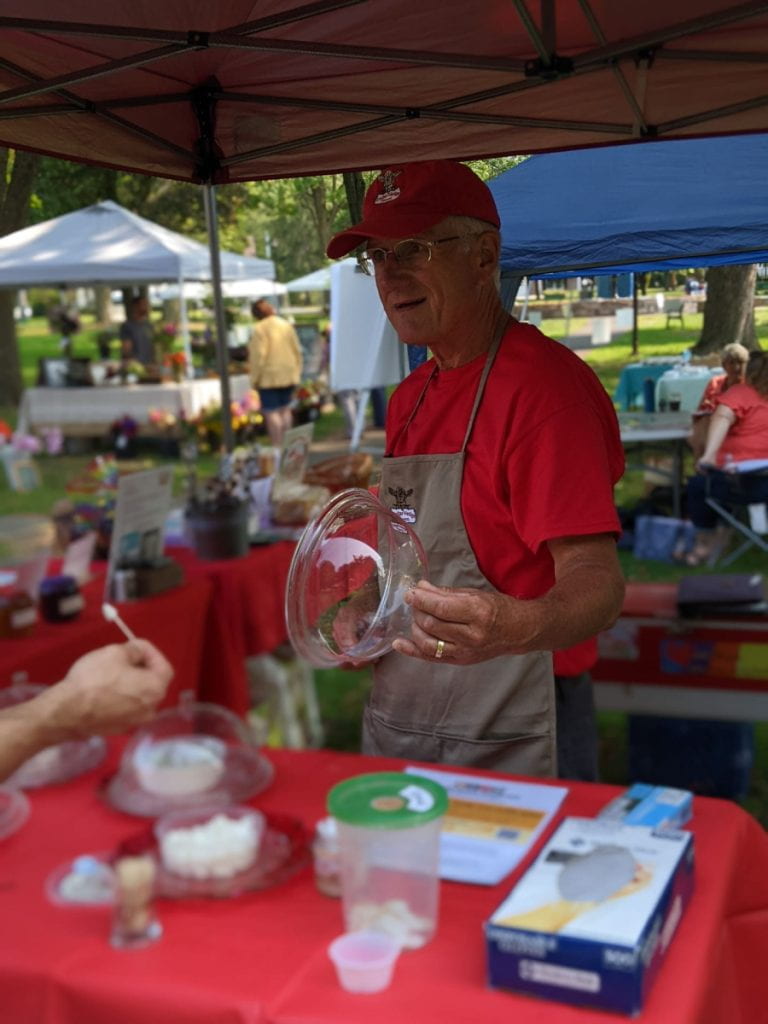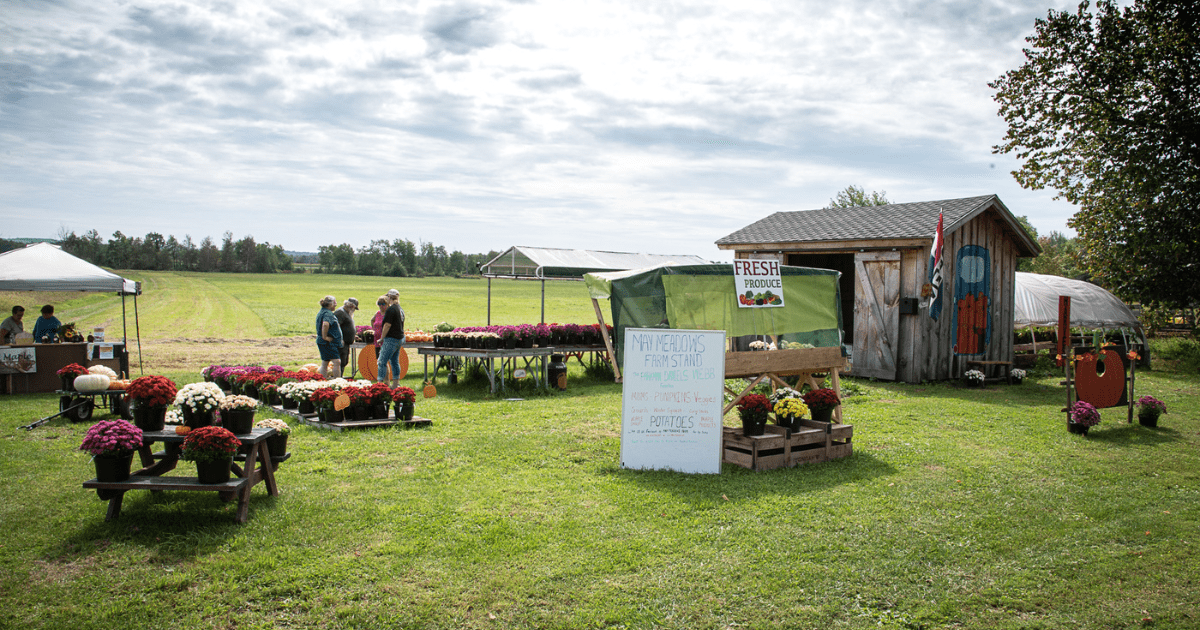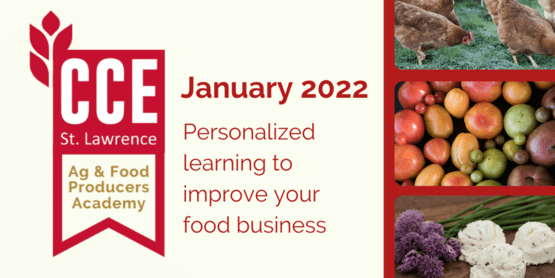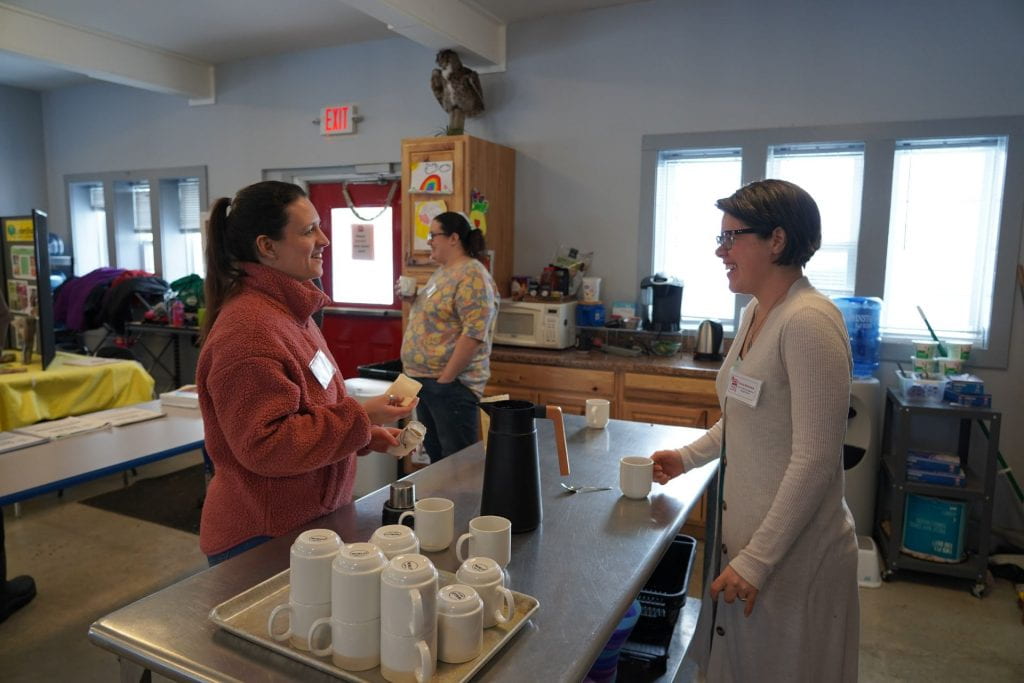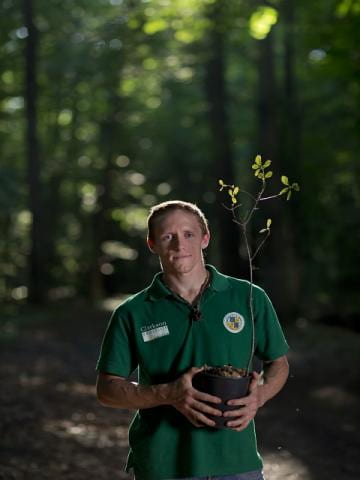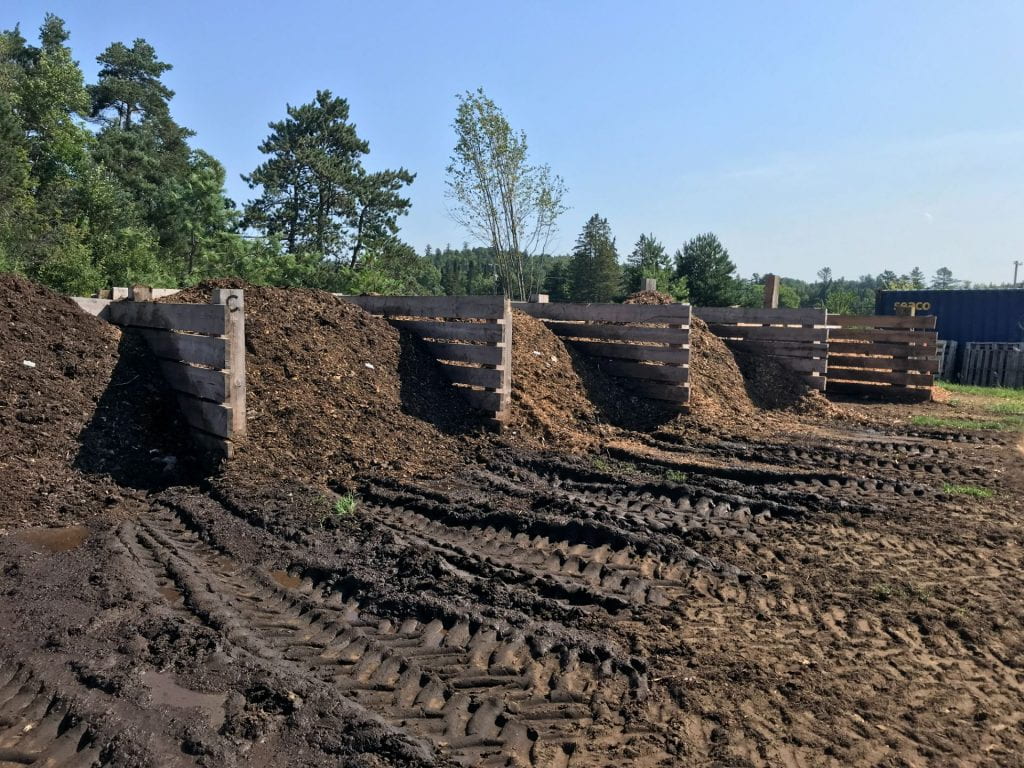Extension regularly reflects on ways to create meaningful connections between our northern NY producers and customers. Our first-ever Local Foods Weekend was in early September and farmers and food producers from across the region had unique offerings for the public to enjoy. Extension organized the event, and each producer had free reign to choose how they would participate. The result was a full events calendar across three days featuring over 40 farm and food businesses at 30 locations.
After the whirlwind of activity, we called each participating business to hear how the event was for them. As a complex web of activities across multiple locations and times, it was invaluable to hear their feedback on aspects that went smoothly and input for improvements.
Read on to learn more about the diversity of offerings paired with quotes from a half dozen producers. Check out the bonus gallery of images at the close of the post. The creativity and passion of the producers was evident everywhere we visited and community members were engaged and enjoying themselves at the various events.
For many farmers, the improvements to their farm are multi-year efforts. The Tuckers, of Tuckers Black Angus Ranch in North Lawrence have been working hard to expand their on-farm infrastructure and they planned the grand opening of their new farm store for Local Food Weekend. They offered tours of the farm, hosted the food truck Mac’s Mobile Diner and offered a full line of meat products and other artisan products.
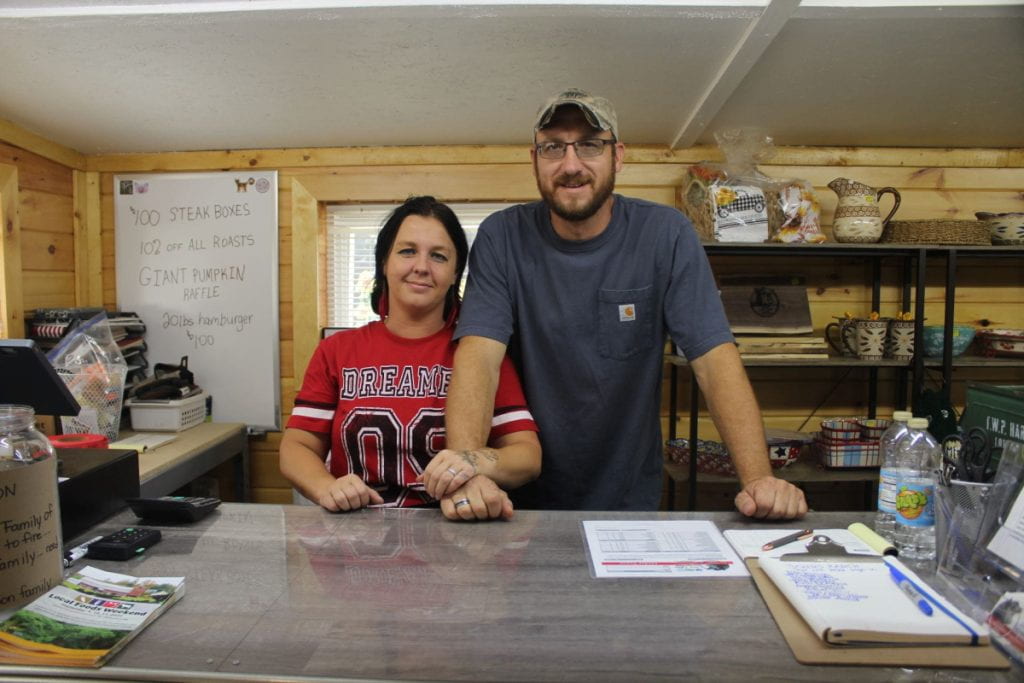
The Blue House in Madrid, specializes in seasonal rotating menus. During Local Foods Weekend they had a diverse offering that included Wood Fired Ruby Red Trout, Portuguese Sausage Kale Soup, Mexican Street Corn and much more. Sourcing for the menu featured ingredients from many local producers including Birchland Farm, Brandy View Farms, Cedar Hedge Farm, C&M Farm, Kent Family Growers, Martin’s Farmstand, M&M Farm, Meier’s Cheese, Squeak Creek Apiaries, Village Veggies, and Whitten Family Farm.
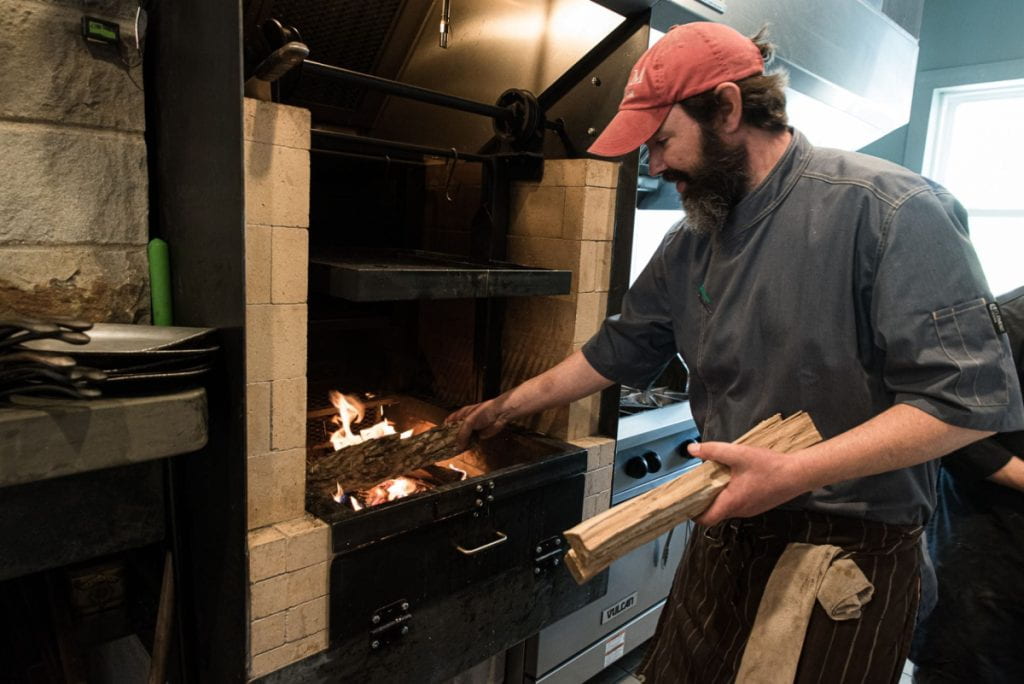
Cedar Hedge Farm of Lowville traveled up to St. Lawrence County to be a day vendor at the Canton Farmers Market, selling their soft goat cheeses, breads and jams.
